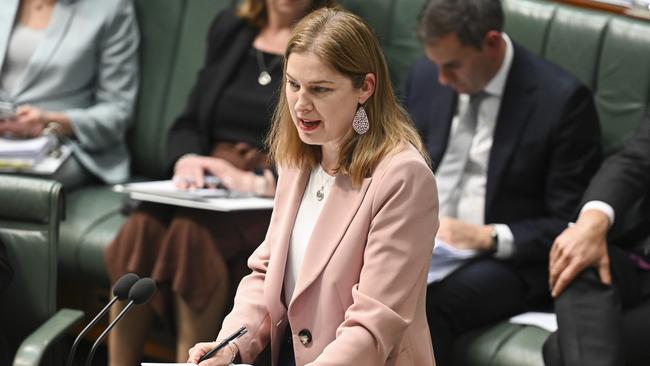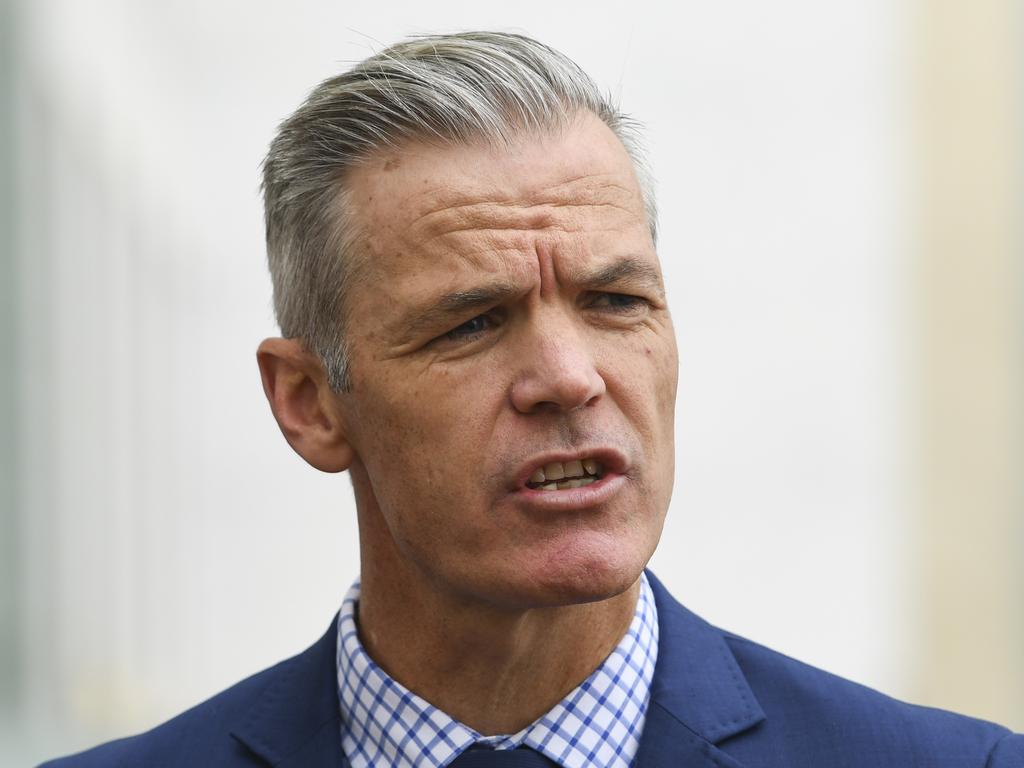Win for farmers as Labor drops controversial ‘fresh food tax’
The Albanese government’s so-called ‘fresh food tax’ has been withdrawn from parliament.

Labor’s controversial biosecurity legislation has been withdrawn from parliament after sustained lobbying from farmers who said it would increase the cost of food and lead to unfair outcomes for the industry.
The Biosecurity Protection Levy bill was discharged on Wednesday after it languished in the Senate for almost a year, having failed to win the necessary support from crossbenchers to pass.
The proposed changes to the nation’s biosecurity funding model would have seen farmers contribute a levy to help cover the cost of biosecurity measures.
It outraged farmers, who argued the policy would have forced them to pay for biosecurity measures to protect them from a risk created by their competitors bringing products into Australia.
The so-called “biosecurity tax” was one of several issues that led to a deterioration in the relationship between the Albanese government and the agriculture industry.
National Farmers Federation president David Jochinke said the withdrawal of the “deeply flawed and unfair” bill was a “huge win for farmers”. “Together we put up a fierce fight and we are relieved to close the book on this idea,” Mr Jochinke said. “The agricultural sector was united in its opposition to this tax and we are just as united in our commitment to protecting our country’s biosecurity.
“Farmers already contribute significantly to the system, and we look forward to working with the government on policy that strengthens our defence against pests and diseases without adding extra costs on farmers.”
The agriculture sector campaigned heavily against the proposed biosecurity funding reform that would have resulted in food producers contributing $50m a year to national programs, while increased fees for importers contributed to the bulk of a $1bn funding increase.
Sustained lobbying led to Senate crossbenchers joining the Coalition in opposing the Agriculture (Biosecurity Protection) Levies and Charges Collection Bill, which was due to come into effect from July last year.
Agriculture, Fisheries and Forestry Minister Julie Collins said Labor accepted the bill would not get the necessary support.
“Our government is listening to farmers and to the experts as we protect our environment and economy from the biosecurity threats of today and tomorrow,” she said. “The Albanese Labor government will continue to work with farmers and stakeholders so producers are involved in the policy solutions that protect their livelihoods.”
Nationals leader David Littleproud, who had dubbed the levy a “fresh food tax”, said it would have driven up the cost of agricultural produce.
“Labor’s senseless and terrible tax idea will thankfully never see the light of day, after an enormous campaign by the Nationals in conjunction with industry and farmers,” he said. “The Coalition is proud to have saved families and farmers from this bad fresh-food tax, which would have increased food prices even further and hurt our farmers even more.
“In what parallel universe would a government charge its own farmers to pay for the biosecurity risks their competitors are creating?”
The removal of the legislation was welcomed by industry groups.






To join the conversation, please log in. Don't have an account? Register
Join the conversation, you are commenting as Logout